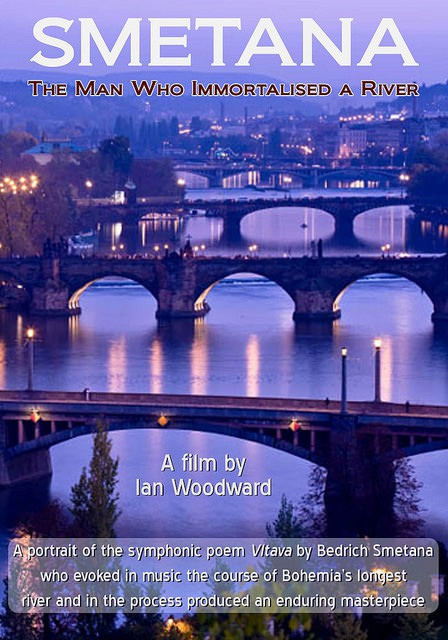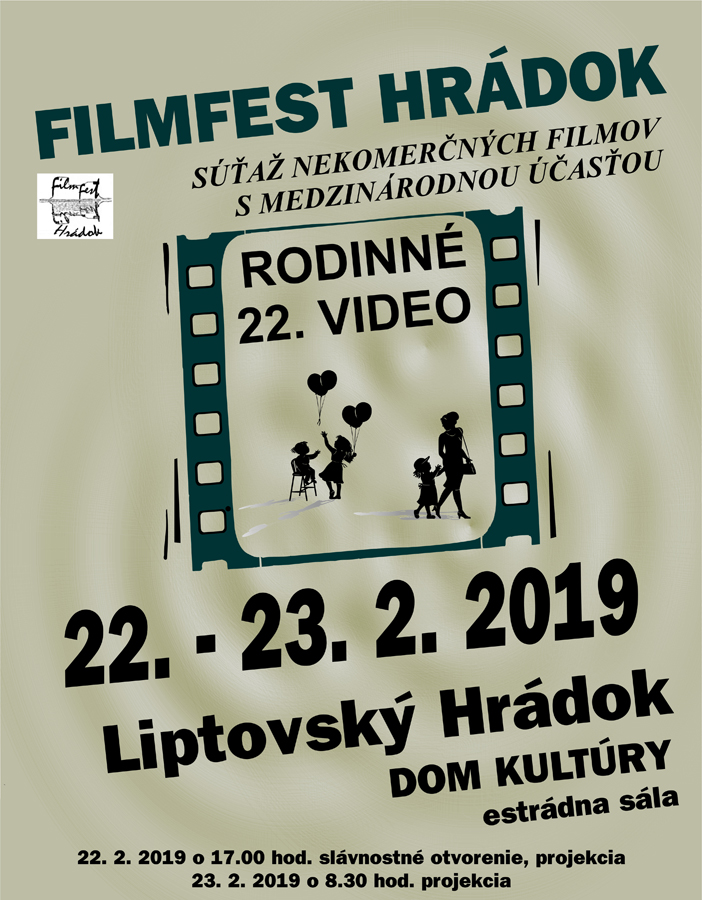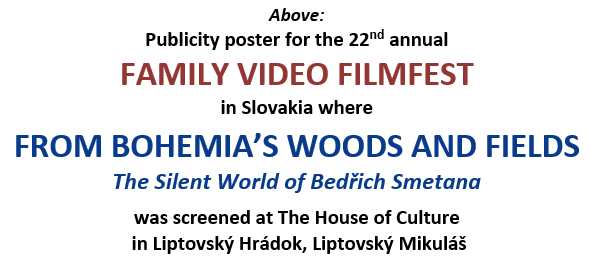The Silent World of Bedřich Smetana
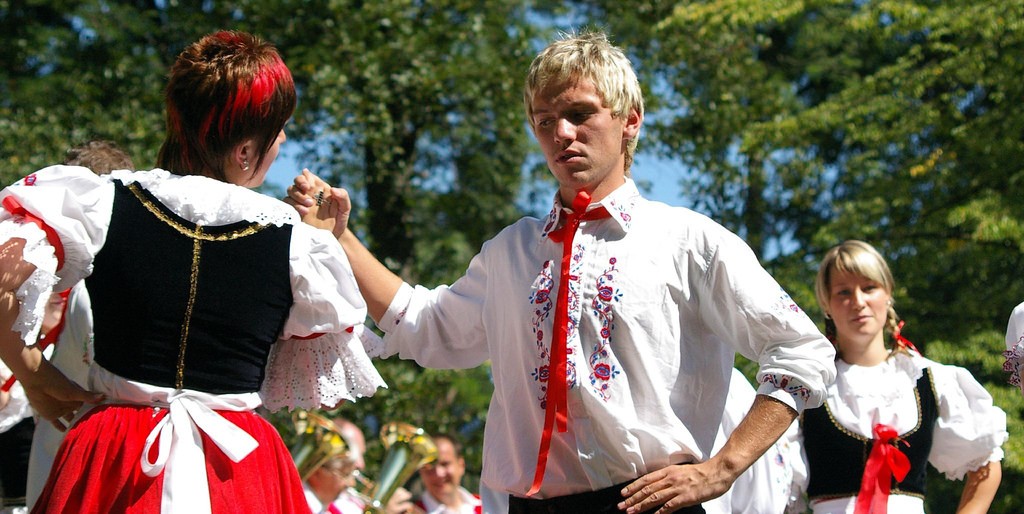
“Smetana was truly a genius”
– Franz Liszt
Directed, filmed and edited by Ian Woodward
From a screenplay by Ian Woodward
Narrator Beth Mayoh
Bedřich Smetana John Hedges
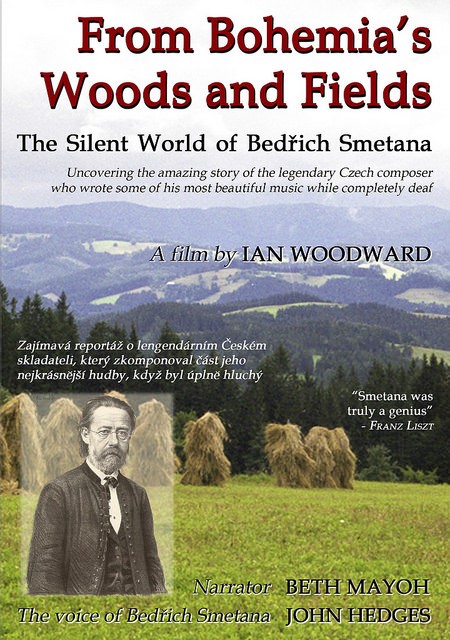
Bedřich Smetana (1824-1884) was one of Europe’s first great 19th-century nationalist composers. In his native Bohemia – now part of today’s Czech Republic – he created the distinctive Czech style which won him the admiration of fellow composers Gustav Mahler, Franz Liszt and Richard Strauss.
Bohemia’s proud past, plus its beautiful scenery of gently rolling hills, dreamy and nostalgic in the mist, cheerful and vivacious in the sun, inspired much of Smetana’s music, not least the operas Dalibor, Libuše, The Brandenburgers in Bohemia and, especially, The Bartered Bride.
But it was in his epic, six-part orchestral suite, Má Vlast – My Country in English – where he was at his brilliant best in depicting the legends, history and countryside of Bohemia. And yet he became totally deaf soon after writing Vltava, the cycle’s second and most frequently performed section. It’s the music of another popular movement, From Bohemia’s Woods and Fields, that this film takes its title.
It charts the tragic last decade of Smetana’s life when, despite deafness and personal turmoil, he wrote two colourful suites of Czech Dances, the exquisite operas The Kiss, The Secret and The Devil’s Wall, and the acclaimed string quartet From My Life….his life was the stuff of Hollywood.
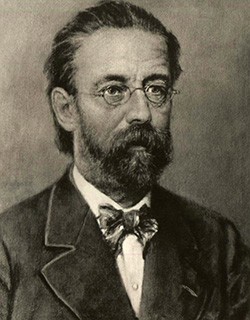
The film takes its title from and uses the music of Má Vlast’s fourth movement. Ian Woodward’s earlier Smetana biopic, The Man Who Immortalised a River, was inspired by the suite’s second movement, Vltava, which is the name of the Czech Republic’s longest river.
This second Smetana film underscores how, extraordinarily, the composer wrote some of his most beautiful and best-loved music during the last decade of his life when he was completely deaf. And it unravels the mystery of why he ended his life in a Prague mental asylum – and then given a State funeral.
The potent power of determination and how it can triumph over adversity is the underlying theme of the film…how a determined artist can successfully overcome profound disability and find worldwide recognition.
(Pronunciation: The name Smetana has an emphasis that is similar to “retina”)
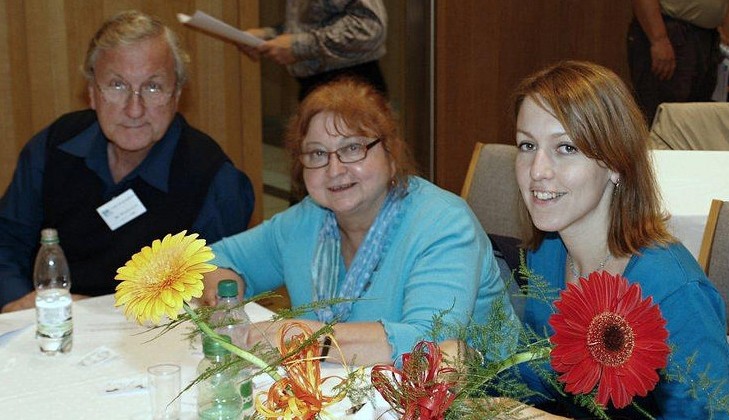
Above: Filmmaker Ian Woodward with wife Zenka and their daughter Stefanie at the 2011 Moravian ARSfilm Festival (Arts Film Festival), Kroměříž, Czech Republic, where From Bohema’s Woods and Fields was awarded the UNICA Gold Medal (Union Internationale du Cinéma).
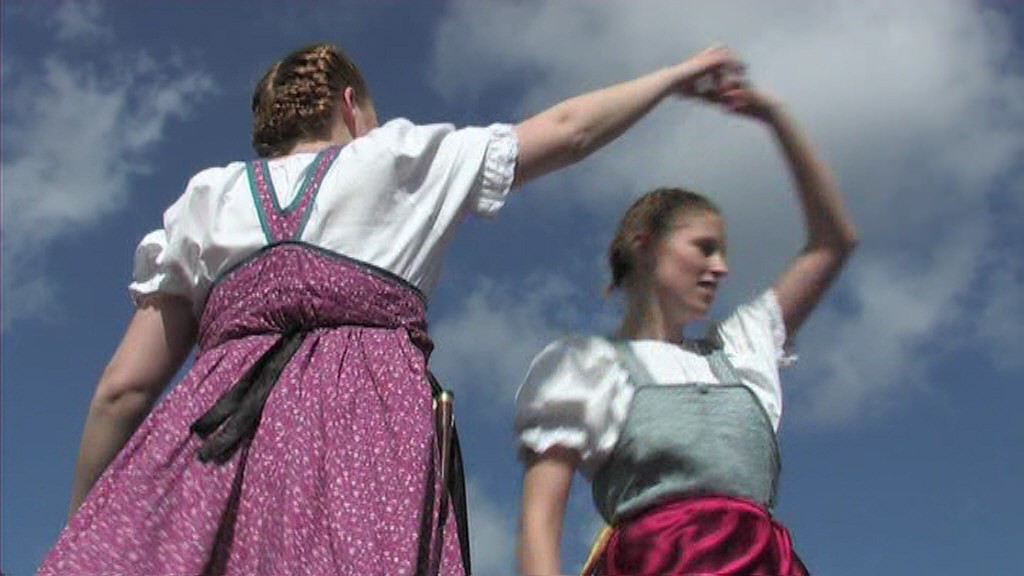
Narrator Beth Mayoh
Bedřich Smetana John Hedges
Václav Zelený Chris Radley
František Moucha Kieron Fahy
Josef Bohuslav Foerster Phil Sayer
Zofie Schwarz Beth Mayoh
Franz Liszt Martin Sterry
DVD cover design by Stefanie Woodward
Filmed throughout Bohemia
An Encore film © 2011 Ian Woodward
Running time: 29 min. Format: 16:9 PAL (16:9 NTSC also available)
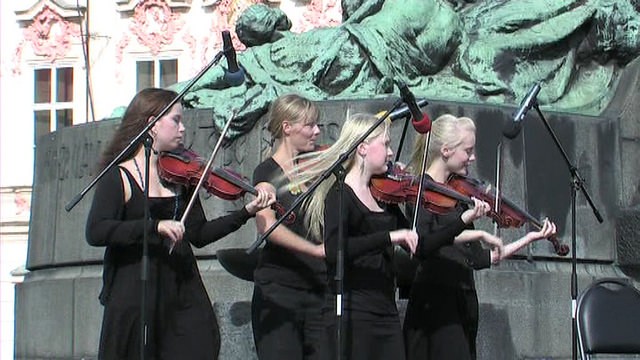
Music used in From Bohemia’s Woods and Fields
The film’s opening black-and-white sequence uses Juventino Rosas’s Über den Wellen Waltz, which was very popular right across Europe at the time of the Czech composer Bedřich Smetana’s death towards the end of the 19th century; the people of Prague hummed the waltz’s words in the streets. The film’s opening funeral scene (again in black and white) is portrayed against the musical backdrop of the Dies Irae from Mozart’s Requiem.
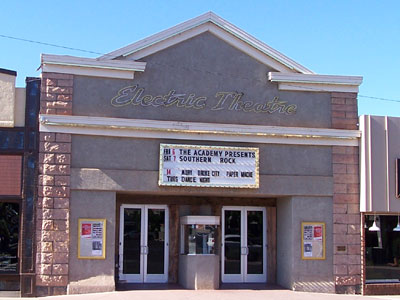
FROM BOHEMIA’S WOODS AND FIELDS
was voted Best Film of the Festival at the 2011 Melbourne International Movie Festival, given the Best Cinematography award at the Seoul International Film Festival in South Korea and was a recipient of the UNICA Gold Medal at the Moravian ARSfilm Festival.

In the United States, as part of DOCUTAH (the Southern Utah International Documentary Film Festival), it was screened in four different cinemas across Utah: at the Electric Theatre (top left), the multiplex Red Cliffs Cinemas (above), the Ellen Eccles Theatre (bottom left) and the Crescent Moon Theater (bottom right).

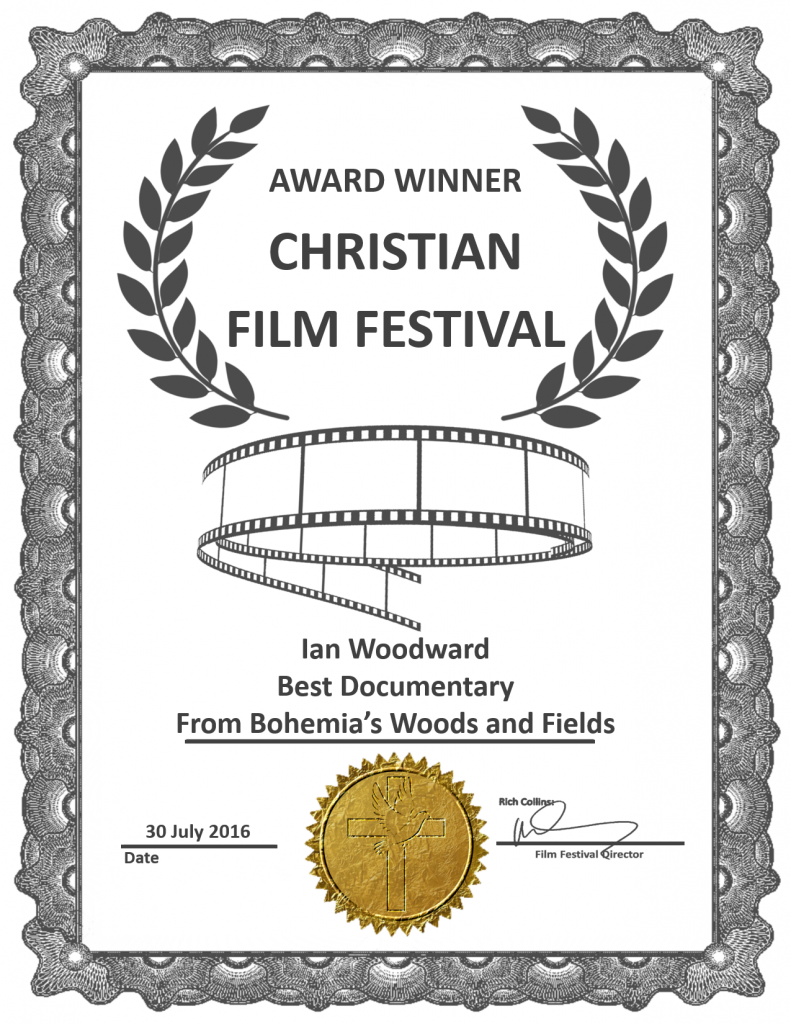
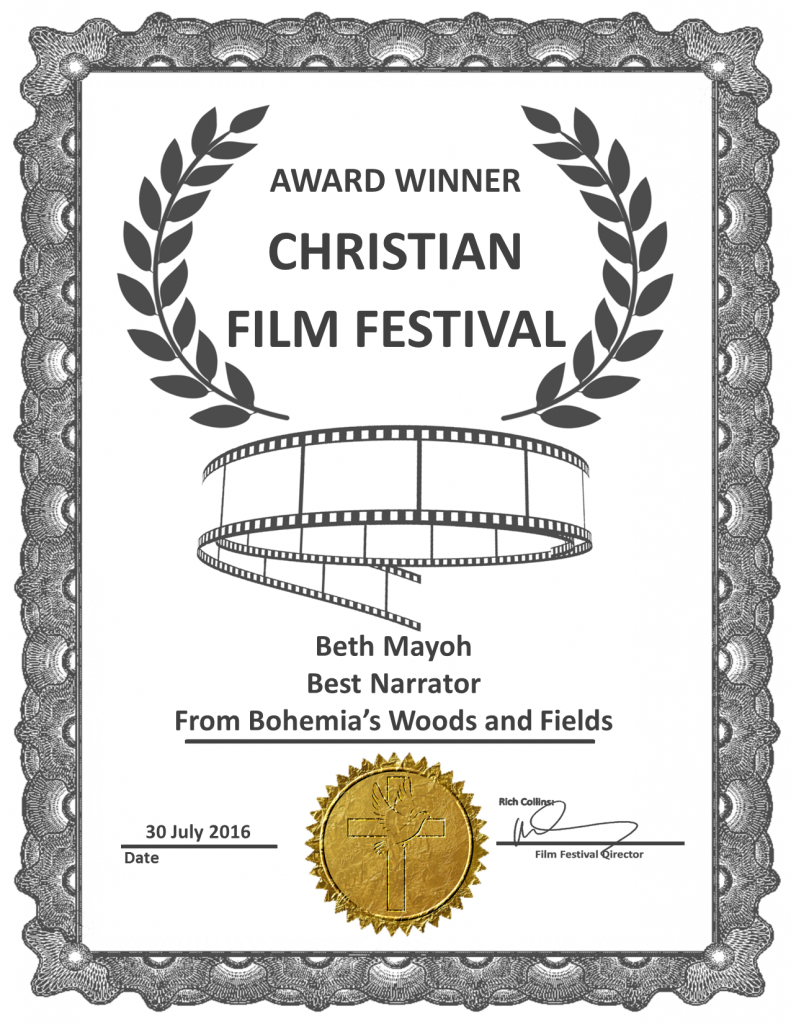
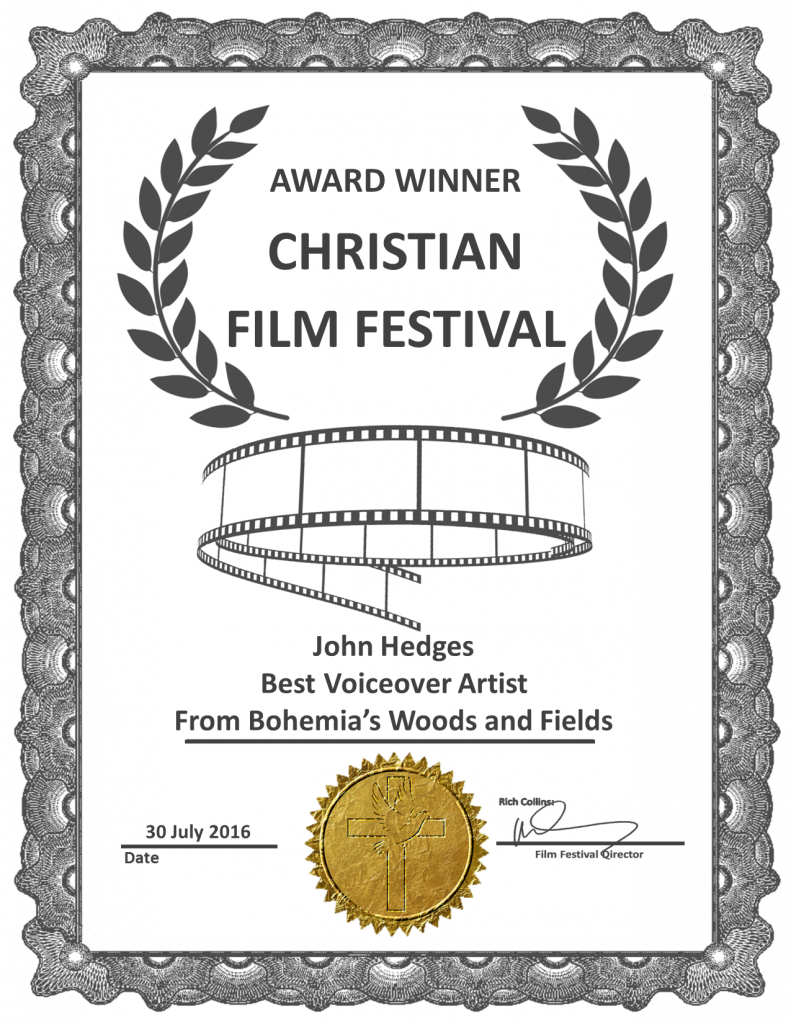
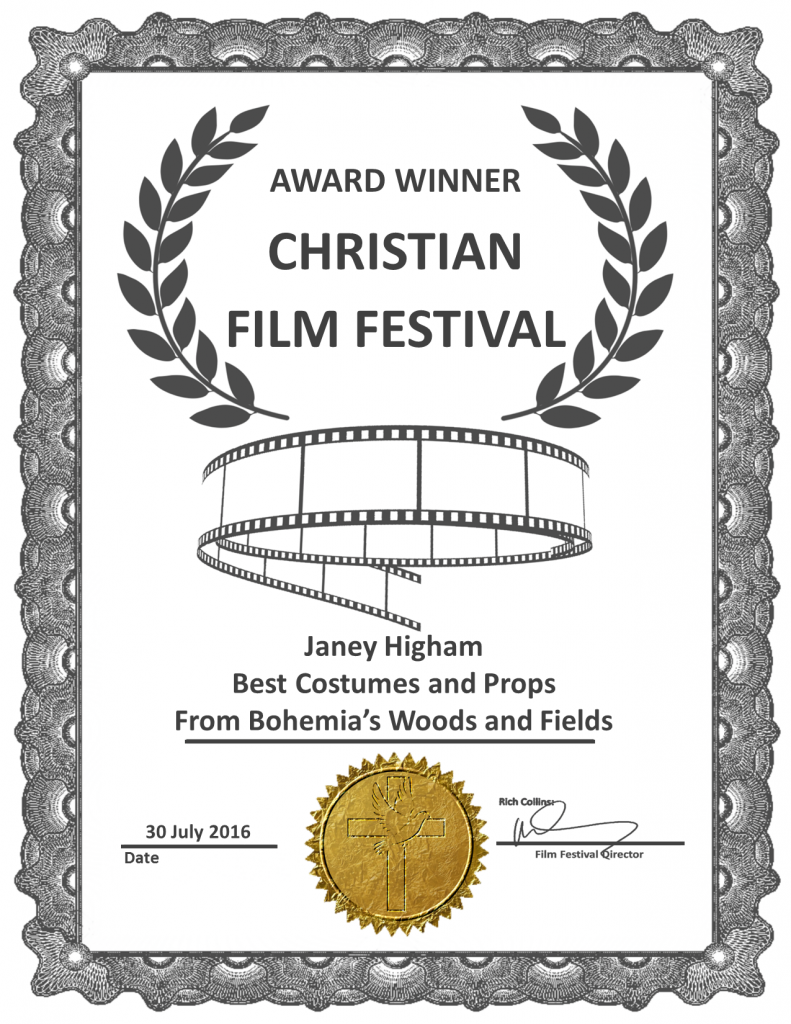
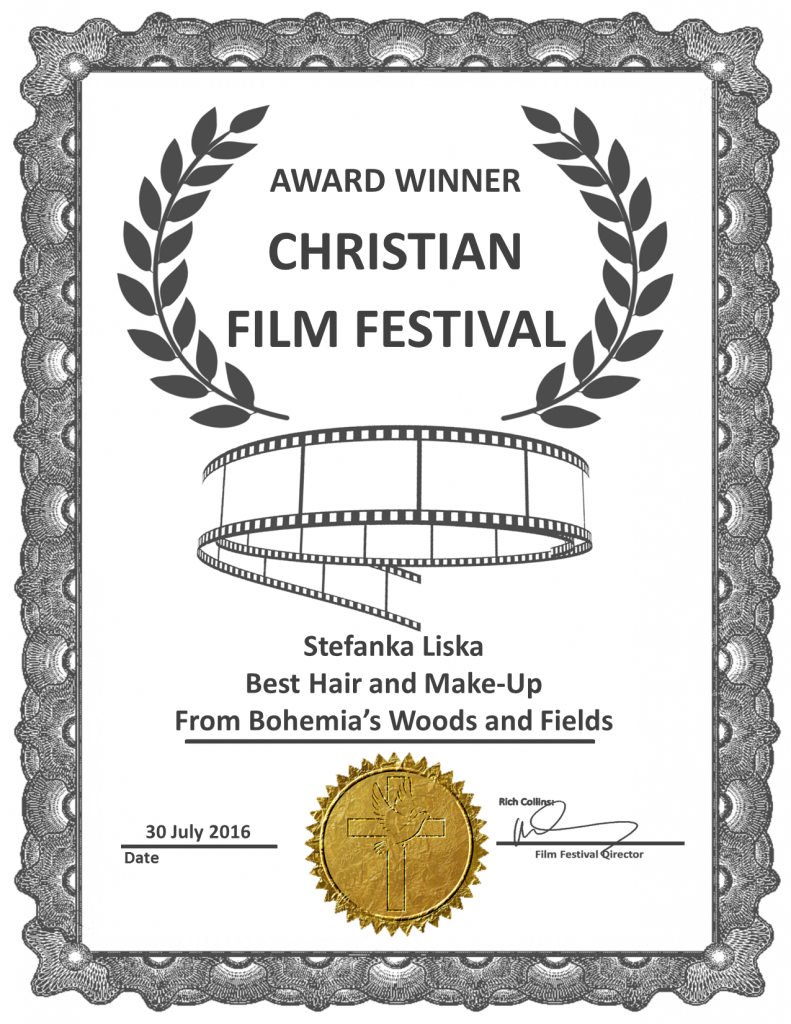
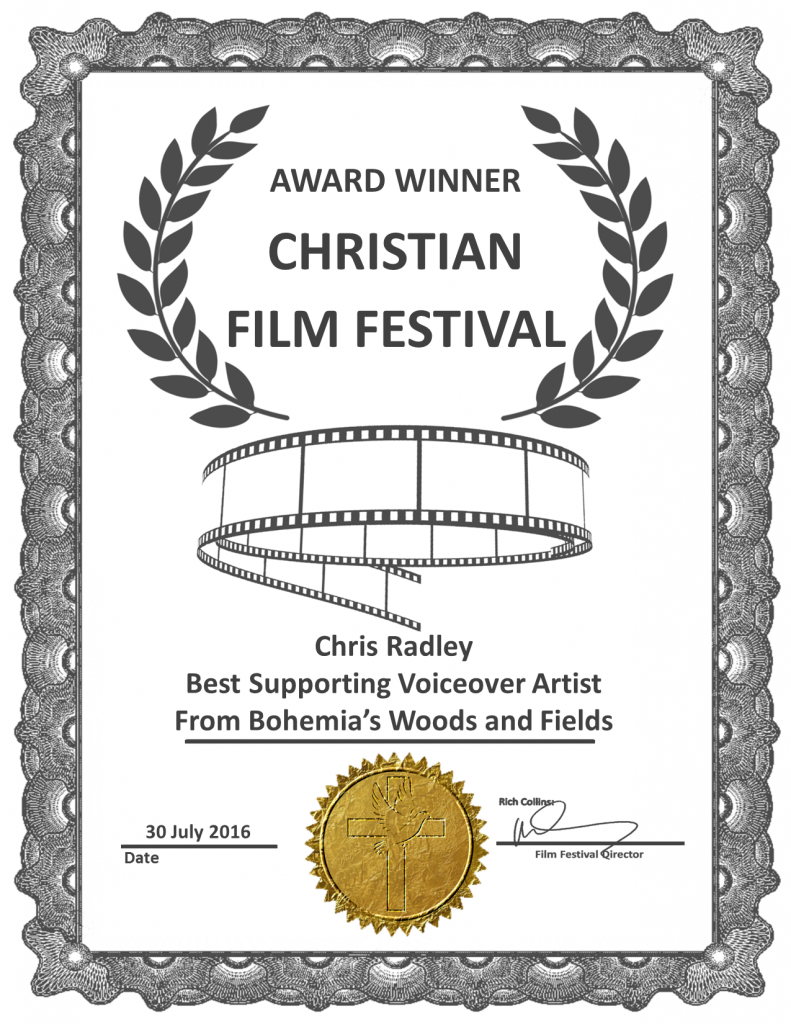
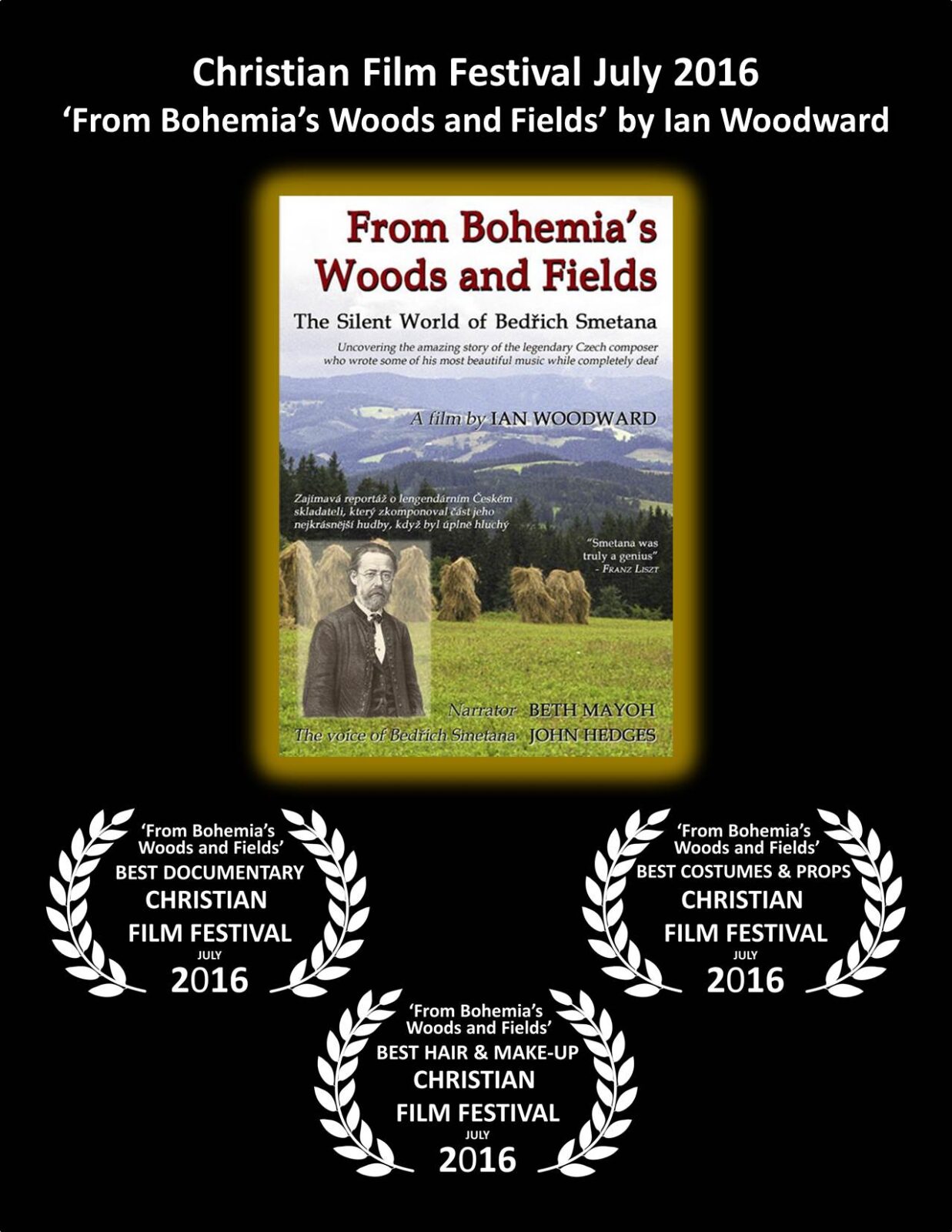

Below:
From the web page of The Near Nazareth International Film Festival,
Vimeo facility for From Bohemia’s Woods and Fields:

Below:
From the glossy printed brochure produced for
The Ozark Foothills FilmFest
in Arkansas and featuring
From Bohemia’s Woods and Fields
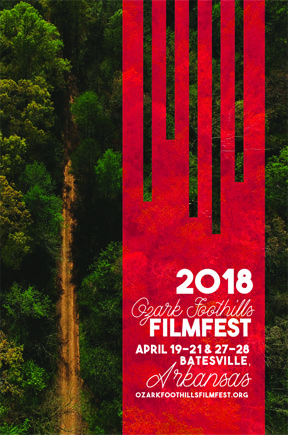

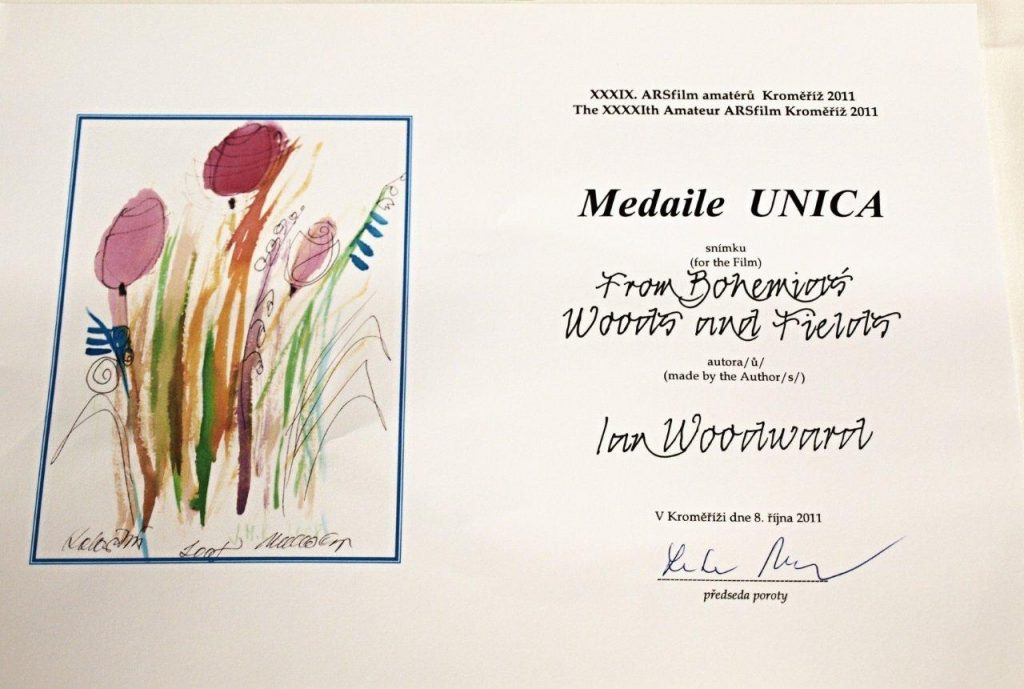

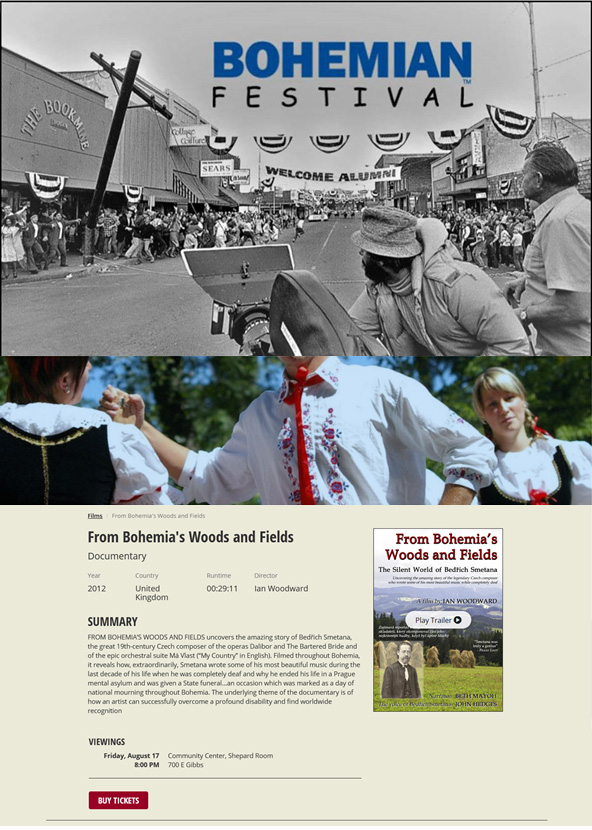

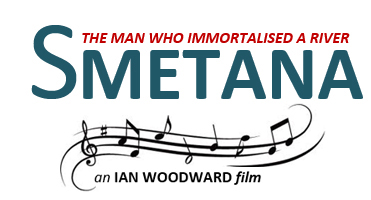
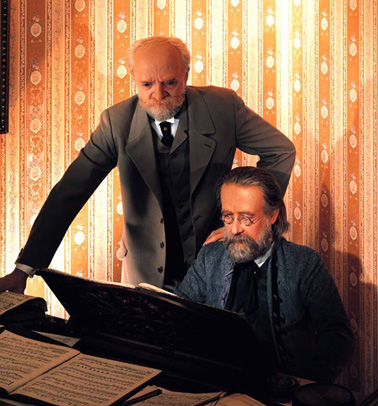
SMETANA AT THE PIANO WITH FELLOW CZECH COMPOSER DVOŘÁK
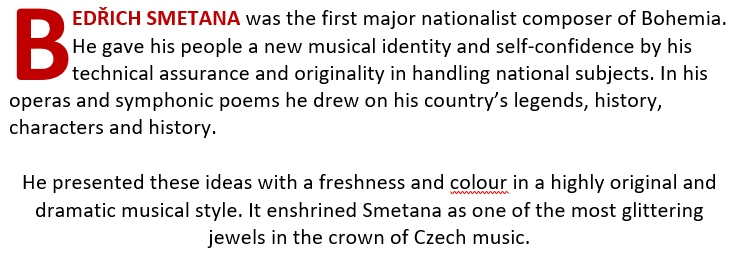

The Czech Republic’s longest river the Vltava – curving through Prague above – provided Smetana with a ready-made musical structure. The flowing theme of the river appears in the symphonic poem in different forms, from colourful episodes depicting Bohemian folklore to rural life along the riverside.
In the process the great Czech maestro produced an enduring masterpiece and the film Smetana: The Man Who Immortalised a River follows the course of the Vltava that inspired Smetana during the work’s composition in 1874.

The film visits key locations in Bohemia associated with the composer’s life, from his birthplace in Litomyšl Castle (above) to his house in the Central Bohemian village of Jabkenice where he spent his autumn years before dying in a Prague mental asylum in 1884.

STATUE OF SMETANA OVERLOOKING THE RIVER VLTAVA IN PRAGUE

In fact …
It sprang from a lifetime’s love affair with the composer.
The genius who is to the polka what Strauss is to the waltz.
The filmmaker who was allowed to play on Smetana’s piano.
The flash of insight that that moment provoked.
The two beautiful years to film his life.
Two years in Bohemia.
A lifetime of pleasure.
Bedřich Smetana.
A lifetime.
Two years.
A labour of love.
A lifetime and two years.
The man who immortalised a river.
Smetana!
Whom Franz Liszt described as “truly a genius.”
A film which aspires to show why.
